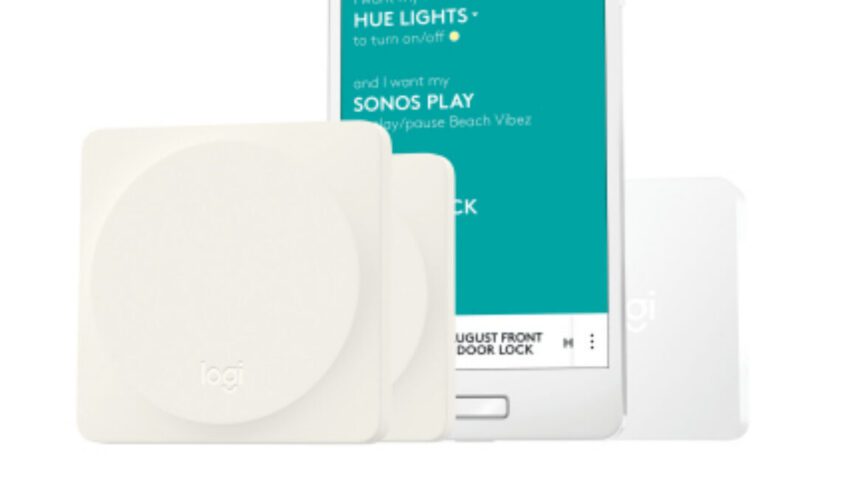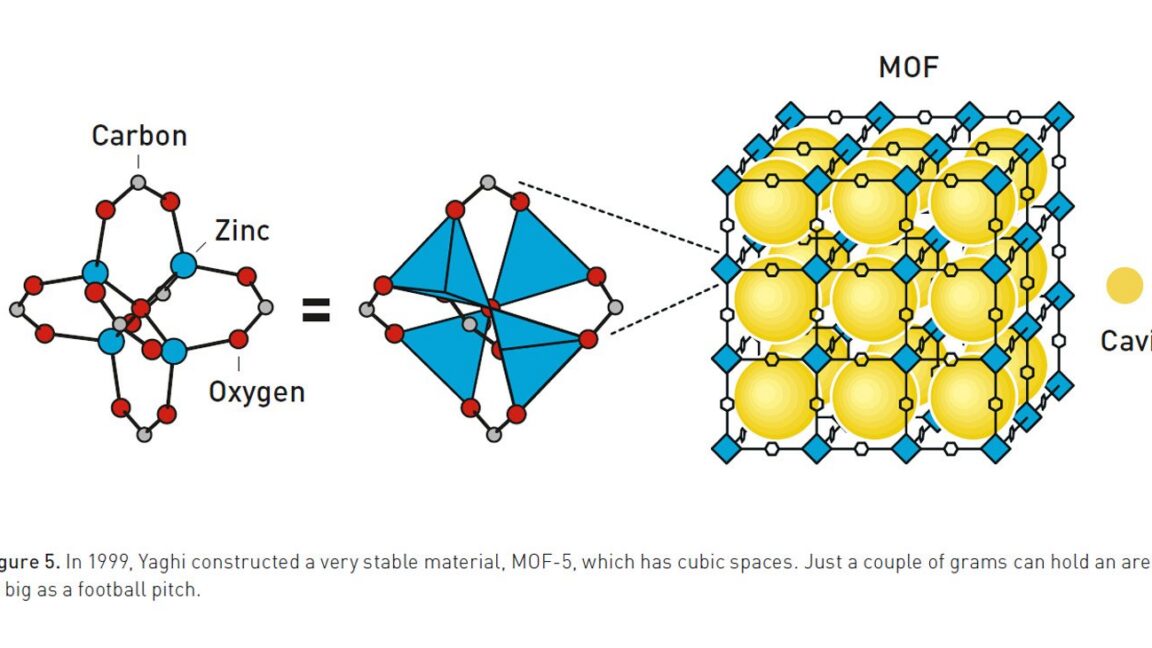
logitech will brick its 100 pop smart Logitech has announced that it will deactivate all Pop smart home buttons on October 15, marking a significant setback for early adopters of smart home technology.
logitech will brick its 100 pop smart
Overview of the Pop Smart Home Buttons
Launched in August 2016, Logitech’s Pop switches were designed to simplify the management of smart home devices. These buttons allowed users to execute multiple actions with a single press, offering a convenient interface for controlling various smart home gadgets. The Pop buttons could be programmed to perform a range of functions, such as adjusting lighting, playing music, or controlling window treatments.
Features and Functionality
The Pop switches were marketed as user-friendly devices that could integrate seamlessly with a variety of smart home ecosystems. Each button could store up to three different actions, which users could customize through a dedicated mobile application available on both Android and iOS platforms. The buttons communicated with smart home devices over a shared Wi-Fi network, making them versatile tools for managing different aspects of a smart home environment.
- Lighting Control: Users could set the buttons to activate specific lighting presets from brands like Philips Hue or Insteon.
- Audio Management: The buttons could also be programmed to play specific playlists on Sonos speakers, enhancing the audio experience in various rooms.
- Window Treatments: The Pop switches offered control over Lutron smart blinds, allowing users to adjust natural light levels effortlessly.
Initially, the Pop Home Switch Starter Pack was priced at $100, which included several buttons, while individual Pop Add-on Home Switches were available for $40 each. This pricing strategy aimed to attract consumers looking to enhance their smart home setups without a significant financial commitment.
The Announcement of Deactivation
On September 29, Logitech communicated to its customers that the Pop switches would soon become obsolete. A company spokesperson confirmed this information to Ars Technica, stating that the devices would be rendered inoperable on October 15. This announcement has raised concerns among users who invested in the technology, as it effectively turns their devices into e-waste.
Customer Reactions
The response from the user community has been overwhelmingly negative. Many customers expressed their frustration on social media platforms and forums, voicing concerns about the lack of support and the abrupt nature of the announcement. The sentiment among early adopters is one of betrayal, as they had invested in a product that promised longevity and compatibility with future smart home technologies.
Users have taken to platforms like Reddit to share copies of the email they received from Logitech, which outlined the impending deactivation of the Pop switches. The email indicated that the decision was made due to “changing market dynamics” and the need to focus on more sustainable product offerings. This rationale has not been well-received, as many users feel that they were not adequately informed about the potential lifespan of the devices they purchased.
Implications for the Smart Home Market
The decision to brick the Pop switches raises significant questions about the future of smart home technology and the responsibilities of manufacturers toward their customers. As smart home devices become increasingly prevalent, the issue of planned obsolescence has come to the forefront. Consumers are becoming more aware of the environmental impact of electronic waste, and the sudden deactivation of the Pop switches exemplifies the challenges faced by early adopters in this rapidly evolving market.
Environmental Concerns
The environmental implications of bricking devices like the Pop switches cannot be overstated. Electronic waste is a growing global concern, with millions of tons generated each year. When companies deactivate devices without offering a viable alternative or upgrade path, they contribute to this problem. The Pop switches, which were once seen as innovative solutions for smart home management, will now join the ranks of discarded electronics, further exacerbating the e-waste crisis.
Consumer Trust and Brand Loyalty
Logitech’s decision may also have long-term repercussions for consumer trust and brand loyalty. Customers who feel abandoned by a company are less likely to invest in future products from that brand. The smart home market is competitive, and companies that fail to support their products adequately risk losing customers to competitors who prioritize customer satisfaction and sustainability.
Industry Reactions
The broader tech industry has also taken notice of Logitech’s decision. Industry analysts have pointed out that this move could set a concerning precedent for other manufacturers. If companies perceive that they can deactivate products without facing backlash, it may lead to more instances of planned obsolescence across the smart home sector.
Potential Regulatory Responses
In light of these developments, there may be calls for increased regulation regarding the longevity and support of electronic devices. Governments and regulatory bodies could consider implementing policies that require manufacturers to provide longer support periods for their products or to offer recycling programs to mitigate the environmental impact of e-waste. Such measures could help protect consumers and the environment while holding companies accountable for their product lifecycle decisions.
Conclusion
The impending deactivation of Logitech’s Pop smart home buttons serves as a cautionary tale for consumers and manufacturers alike. As the smart home market continues to grow, the importance of sustainability, customer support, and ethical business practices cannot be overstated. Logitech’s decision to brick its Pop switches raises critical questions about the responsibilities of tech companies toward their customers and the environment.
As consumers navigate the complexities of smart home technology, they must remain vigilant and informed about the products they choose to invest in. The fate of the Pop switches serves as a reminder that innovation must be paired with responsibility, and that the longevity of smart home devices should be a priority for both manufacturers and consumers.
Source: Original report
Was this helpful?
Last Modified: October 9, 2025 at 12:36 am
3 views














